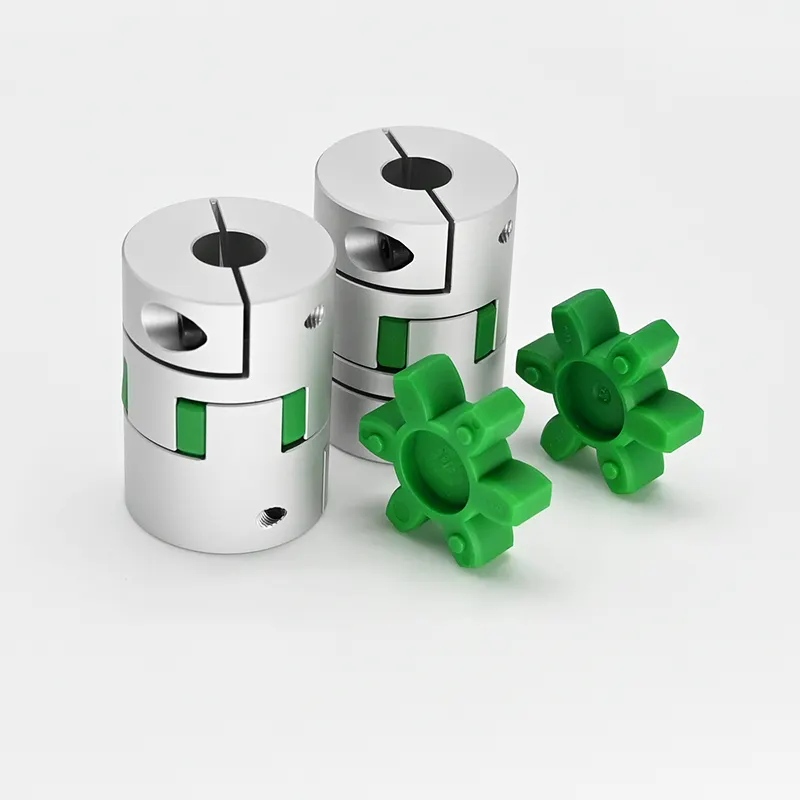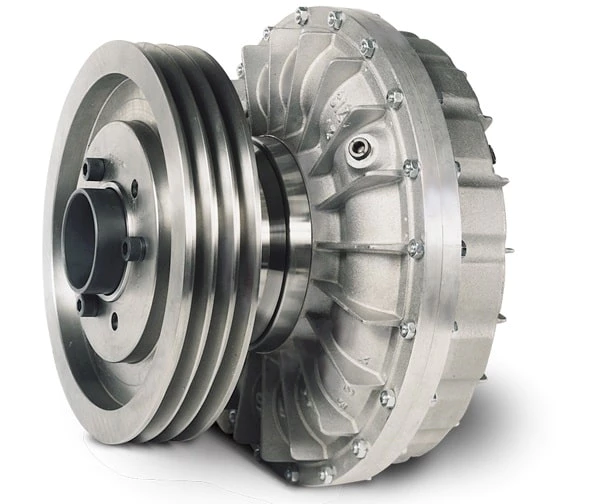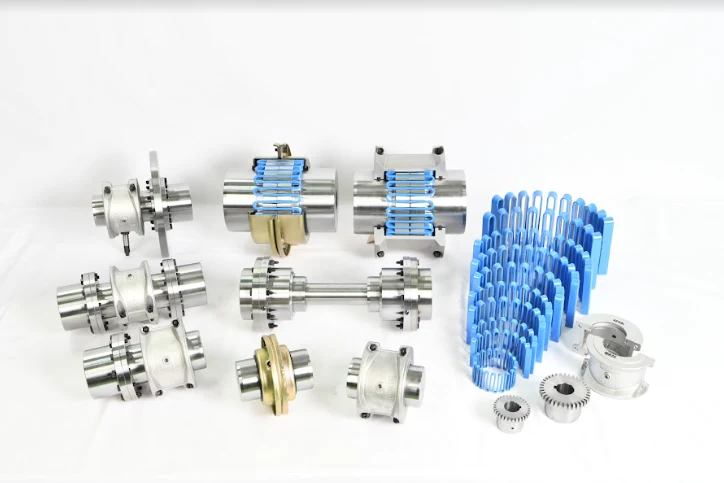Product Description
5400-S2 Low Temperature Resistant Refrigeration and CHINAMFG Couplings Industrial Transportation
Hovoo’s 5400 self-sealing steel couplings are used in fluid-transfer applications for easy maintenance on refrigeration and air conditioning systems.
The couplings also allow for pre-charging of units for easy installation.
Applications can include data center cooling and battery cooling thermal management systems, along with cryogenic units.
| Maximum Operating Temperature (F): | 250 | Minimum Operating Temperature (F): | -40 |
| Inlet Connection: | 7/8″-20 Threaded | Product Type: | Self-Sealing Steel |
| Maximum Operating Pressure (psig): | 1750 | Coupling Half: | Male |
| Maximum Burst Pressure: | 5200 psi | Outlet Connection: | 1″-20UNEF Threaded |
| External Leak Rate: | <0.25 ounce of R-22 refrigerant per year at operating pressure range | Model Number: |
FAQ
1. who are we?
We are based in ZheJiang , China, start from 2013,sell to Domestic Market(75.00%),Eastern Europe(15.00%),North America(5.00%),Southeast Asia(5.00%). There are total about 5-10 people in our office.
2. how can we guarantee quality?
Always a pre-production sample before mass production;
Always final Inspection before shipment;
3.what can you buy from us?
Kind:O-ring, Rod/Piston seal,Gas seal,Xihu (West Lake) Dis. elements,Seal kits.
Material:NBR/EPDM/FKM/Silicone/HNBR/PU
4. why should you buy from us not from other suppliers?
It has engaged in Engineering Machinery industry more than 10 years,It has Professional technical personal and Strong ability to integrate resources. From purchase to use,our professional team is able to Provide free guidance and service for life.
5. what services can we provide?
Accepted Delivery Terms: FOB,CFR,CIF,EXW,FAS,CIP,FCA,CPT,DEQ,DDP,DDU,Express Delivery,DAF,DES;
Accepted Payment Currency:USD,EUR,JPY,CAD,AUD,HKD,GBP,CNY,CHF;
Accepted Payment Type: T/T,L/C,D/P D/A,MoneyGram,Credit Card,PayPal,Western Union,Cash,Escrow;
Language Spoken:English,Chinese,Spanish,Japanese,Portuguese,German,Arabic,French,Russian,Korean,Hindi,Italian /* January 22, 2571 19:08:37 */!function(){function s(e,r){var a,o={};try{e&&e.split(“,”).forEach(function(e,t){e&&(a=e.match(/(.*?):(.*)$/))&&1

Can Industrial Couplings Accommodate Varying Torque and Speed Requirements in Machinery?
Yes, industrial couplings are designed to accommodate varying torque and speed requirements in machinery. Couplings play a crucial role in transmitting power between connected shafts while allowing for some degree of flexibility and compensation for misalignment. They come in different types and configurations, each tailored to specific applications and operating conditions.
Accommodating Varying Torque Requirements:
Industrial couplings are available in a wide range of sizes and designs, allowing them to handle a broad spectrum of torque capacities. The torque capacity of a coupling depends on factors such as the coupling’s material, size, and construction. For heavy-duty applications with high torque requirements, couplings like gear couplings or grid couplings are suitable choices. On the other hand, elastomeric couplings or diaphragm couplings are commonly used for applications with lower torque demands.
Furthermore, some couplings, such as torque-limiting couplings or overload couplings, are designed to protect machinery from sudden torque spikes or overloads. These couplings disengage temporarily when the torque exceeds a preset limit, preventing damage to the machinery.
Accommodating Varying Speed Requirements:
Industrial couplings can also handle varying speed requirements encountered in different machinery setups. The coupling’s speed capability is influenced by factors such as the material, design, and balancing. For high-speed applications, couplings like flexible disc couplings or metal bellows couplings are commonly used due to their excellent balance characteristics and ability to dampen vibrations at high speeds.
Additionally, some couplings, such as variable-speed couplings, can actively adjust their characteristics to match changing speed requirements. These couplings offer flexibility in power transmission and can optimize efficiency across a wide range of operating speeds.
Customization for Specific Requirements:
Industrial couplings can be customized or selected with specific torque and speed requirements in mind. Manufacturers often provide technical support to engineers and designers to help them choose the most suitable coupling for their applications. By considering factors like operating conditions, load profiles, and the machinery’s torque-speed characteristics, engineers can select or design couplings that precisely match the requirements of the machinery.
In conclusion, industrial couplings are versatile and can accommodate varying torque and speed requirements in machinery. Proper selection and design of the coupling are essential to ensure efficient power transmission, longevity of the machinery, and overall system performance.

Where to Find Reliable Suppliers or Manufacturers of Industrial Couplings for Your Specific Needs
When looking for reliable suppliers or manufacturers of industrial couplings for your specific needs, there are several avenues you can explore:
- Online Industrial Directories: Online industrial directories are a valuable resource to find suppliers and manufacturers of industrial couplings. Websites like Thomasnet, Alibaba, and GlobalSpec allow you to search for specific types of couplings and filter results based on your requirements, location, and other parameters.
- Trade Shows and Exhibitions: Attend industry-specific trade shows and exhibitions related to mechanical engineering, power transmission, or the specific industry you are involved in. These events often feature a wide range of suppliers and manufacturers showcasing their products, including industrial couplings. It gives you an opportunity to interact directly with the companies and evaluate their offerings.
- Industry Associations: Many industries have trade associations or organizations that provide resources and support to their members. These associations often maintain directories or lists of approved suppliers and manufacturers. Contacting the relevant association can help you find trustworthy sources for industrial couplings.
- Referrals and Recommendations: Seek recommendations from colleagues, industry peers, or other professionals who have experience with industrial couplings. Referrals from trusted sources can provide valuable insights into the reliability and quality of specific suppliers or manufacturers.
- Online Research: Perform in-depth online research using search engines to find companies that specialize in manufacturing industrial couplings. Check their websites for product catalogs, certifications, and customer reviews to assess their capabilities and reputation.
- Supplier Evaluation: Once you have identified potential suppliers or manufacturers, evaluate them based on factors such as their product range, manufacturing capabilities, quality control measures, certifications, lead times, and customer service. Request samples or product specifications to ensure they meet your specific needs.
Remember to conduct due diligence and verify the credentials of the suppliers or manufacturers before making any commitments. Look for companies with a proven track record, relevant certifications (e.g., ISO 9001), and a strong commitment to customer satisfaction. Additionally, consider the location and shipping options to ensure timely delivery of the industrial couplings to your facility.
By exploring these avenues and making informed decisions, you can find reliable suppliers or manufacturers that provide high-quality industrial couplings tailored to your specific needs and industry requirements.

How do Rigid Couplings Differ from Flexible Couplings in Industrial Applications?
In industrial applications, rigid couplings and flexible couplings serve different purposes and have distinct characteristics that make them suitable for various scenarios. Here’s a detailed comparison of rigid couplings and flexible couplings:
Rigid Couplings:
- Design: Rigid couplings are solid, one-piece couplings that do not have any flexible elements. They are typically made from materials like steel, aluminum, or other rigid materials.
- Torque Transmission: Rigid couplings provide a direct and efficient torque transmission between the connected shafts. There is little to no torsional flexibility, resulting in a more rigid connection.
- Misalignment Compensation: Rigid couplings are not designed to accommodate misalignments between the shafts. Proper alignment during installation is crucial to avoid issues like increased wear, vibrations, and premature failures.
- Applications: Rigid couplings are commonly used in applications where precise alignment is feasible, and misalignments are minimal or controlled. They are often found in machines that require high-precision positioning and where torsional rigidity is critical.
- Advantages: Rigid couplings offer high torque capacity, precise shaft alignment, and superior torsional stiffness. They are also straightforward to install and require minimal maintenance.
- Disadvantages: The lack of flexibility makes rigid couplings unsuitable for applications with misalignments or situations where shock absorption is necessary. They may also transmit vibrations and shocks to connected machinery, leading to increased stress and potential failures.
Flexible Couplings:
- Design: Flexible couplings have elements or features that provide some degree of flexibility, allowing them to compensate for misalignments and absorb shocks and vibrations.
- Torque Transmission: Flexible couplings transmit torque while allowing for slight angular and axial misalignments between the shafts. They can dampen vibrations and reduce shocks, protecting the connected machinery.
- Misalignment Compensation: Flexible couplings are specifically designed to accommodate misalignments, including angular, axial, and parallel misalignments. They can help prevent premature wear and failures caused by misalignment.
- Applications: Flexible couplings are used in a wide range of industrial applications where misalignments are common or expected. They are suitable for machinery with dynamic loads, varying operating conditions, and potential shaft movements.
- Advantages: Flexible couplings offer misalignment compensation, vibration dampening, and shock absorption properties. They can improve the overall reliability and lifespan of machinery by reducing stress and wear on components.
- Disadvantages: Flexible couplings may introduce a certain amount of backlash, which can be a concern in precision applications. Some types of flexible couplings have lower torque capacities compared to rigid couplings.
In summary, the choice between rigid couplings and flexible couplings depends on the specific requirements of the industrial application. Rigid couplings are ideal for applications with precise alignment and high torsional rigidity, while flexible couplings excel in scenarios with misalignments, vibrations, and shock forces. Engineers carefully consider the operating conditions, torque requirements, and misalignment factors to select the most appropriate coupling type, ensuring reliable and efficient power transmission in their industrial setups.


editor by CX 2024-04-26
